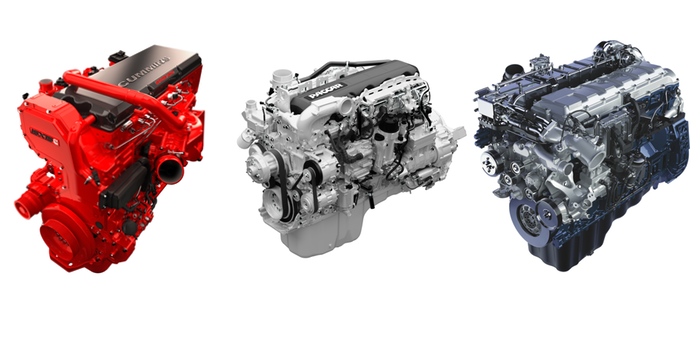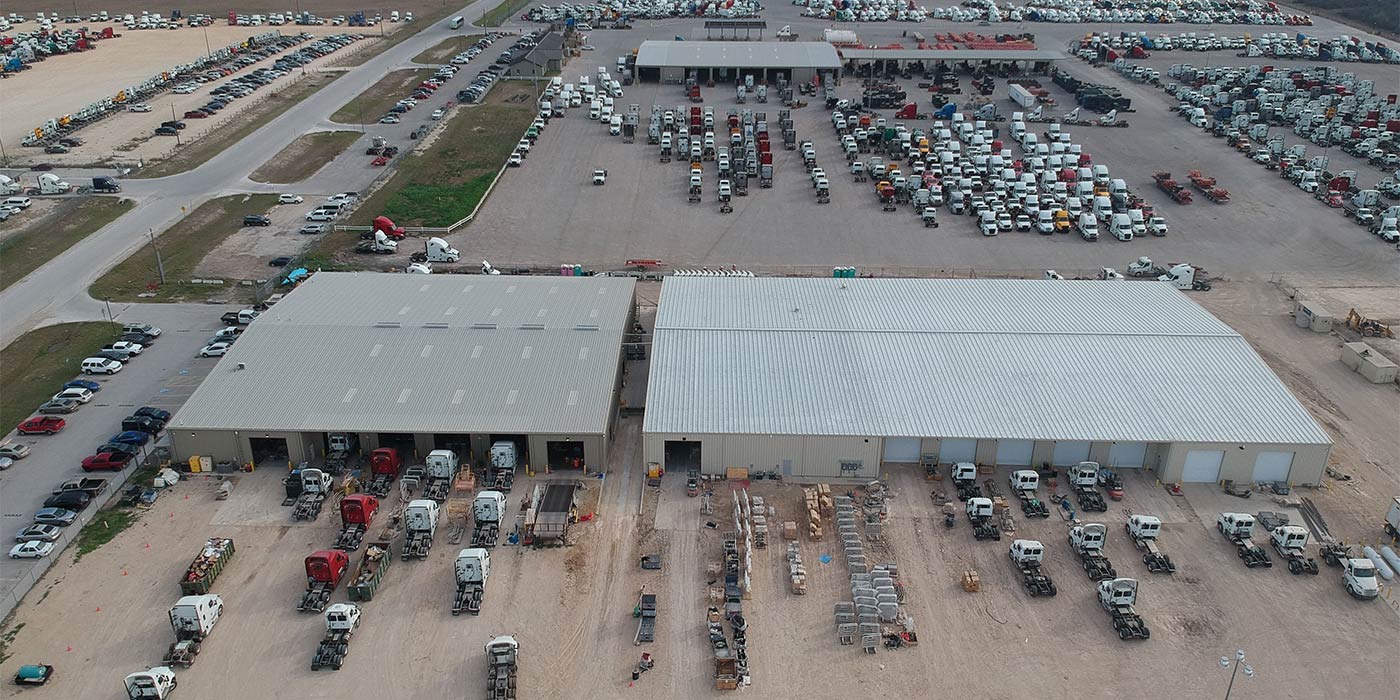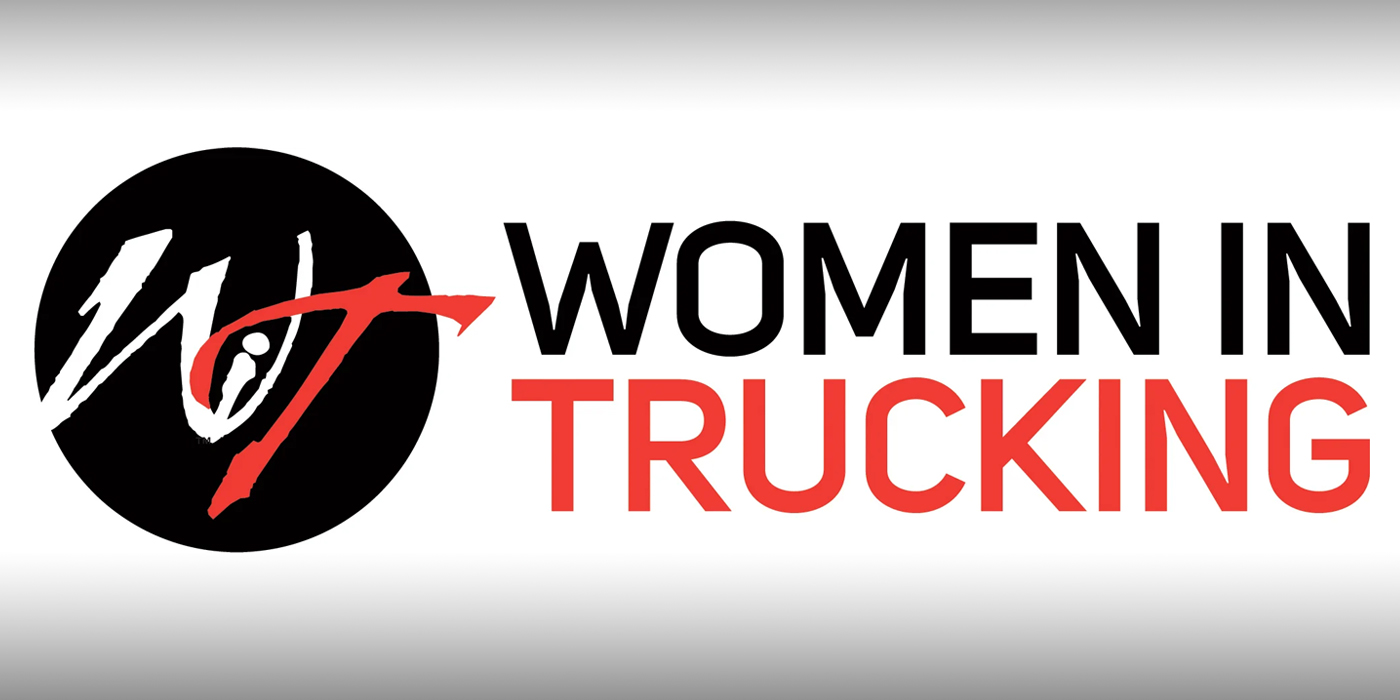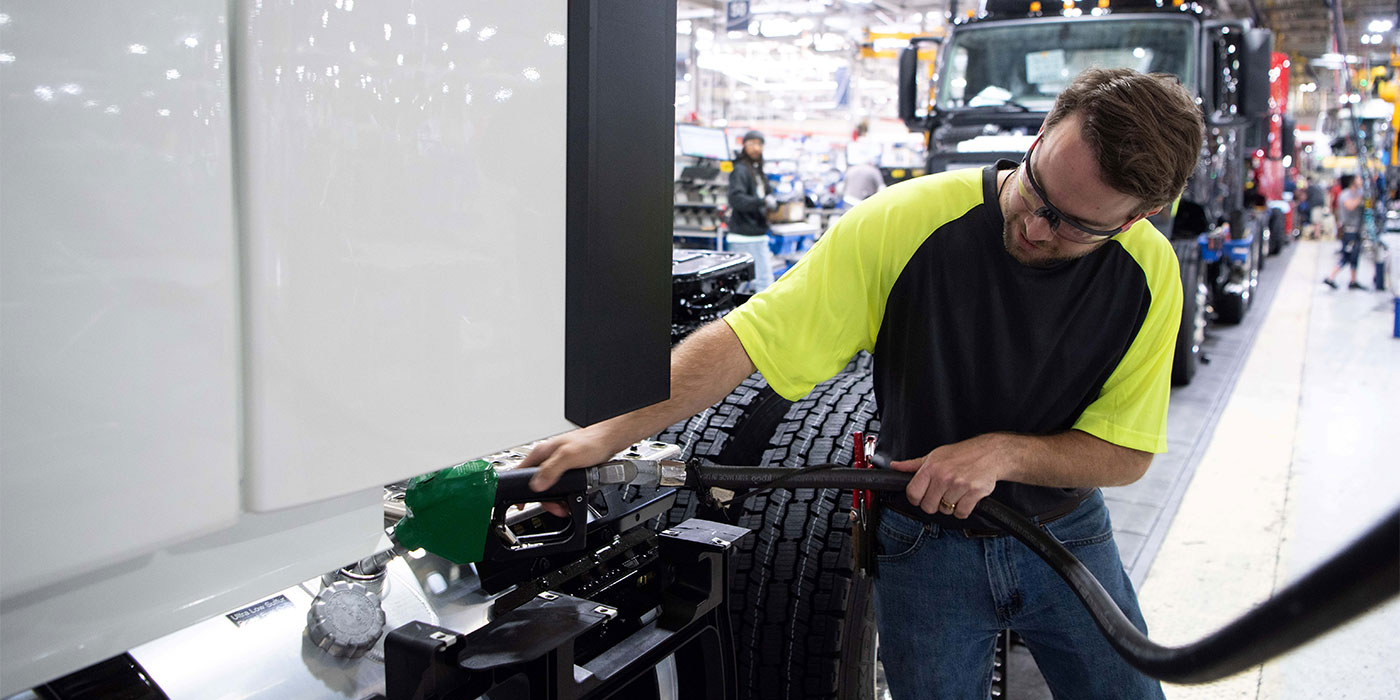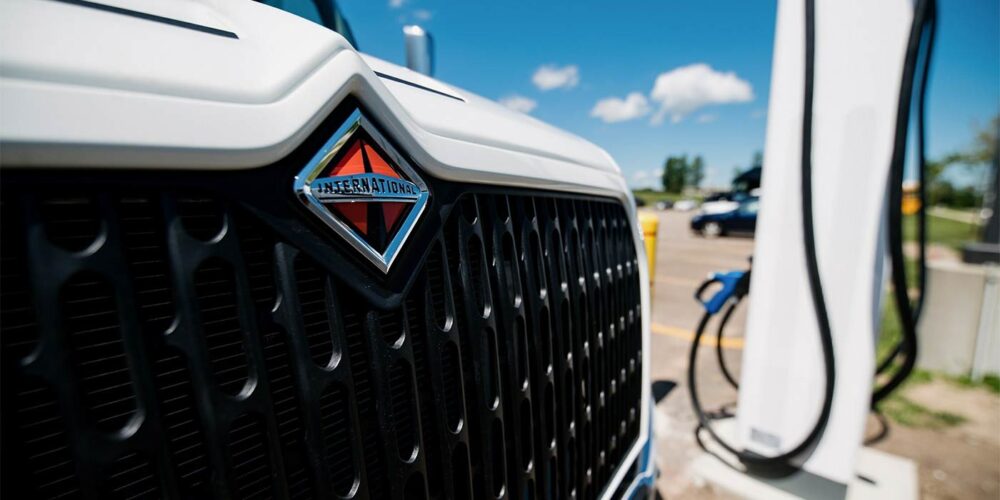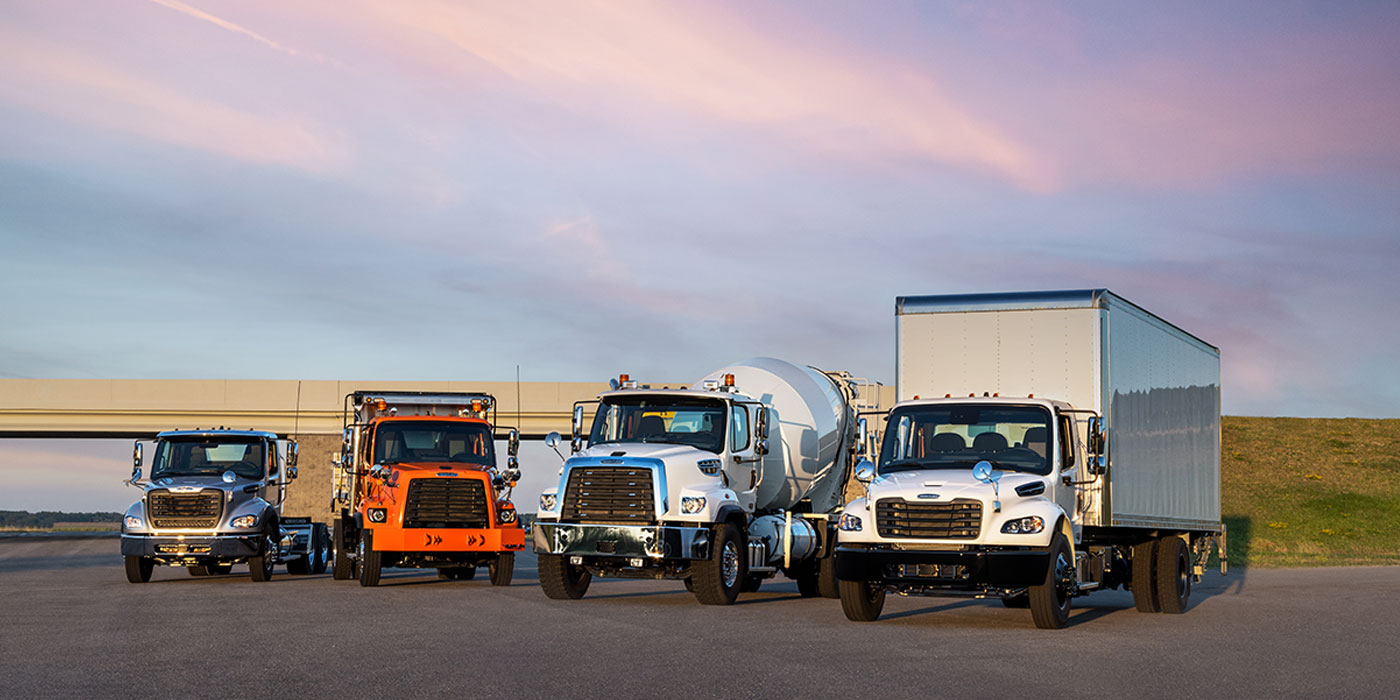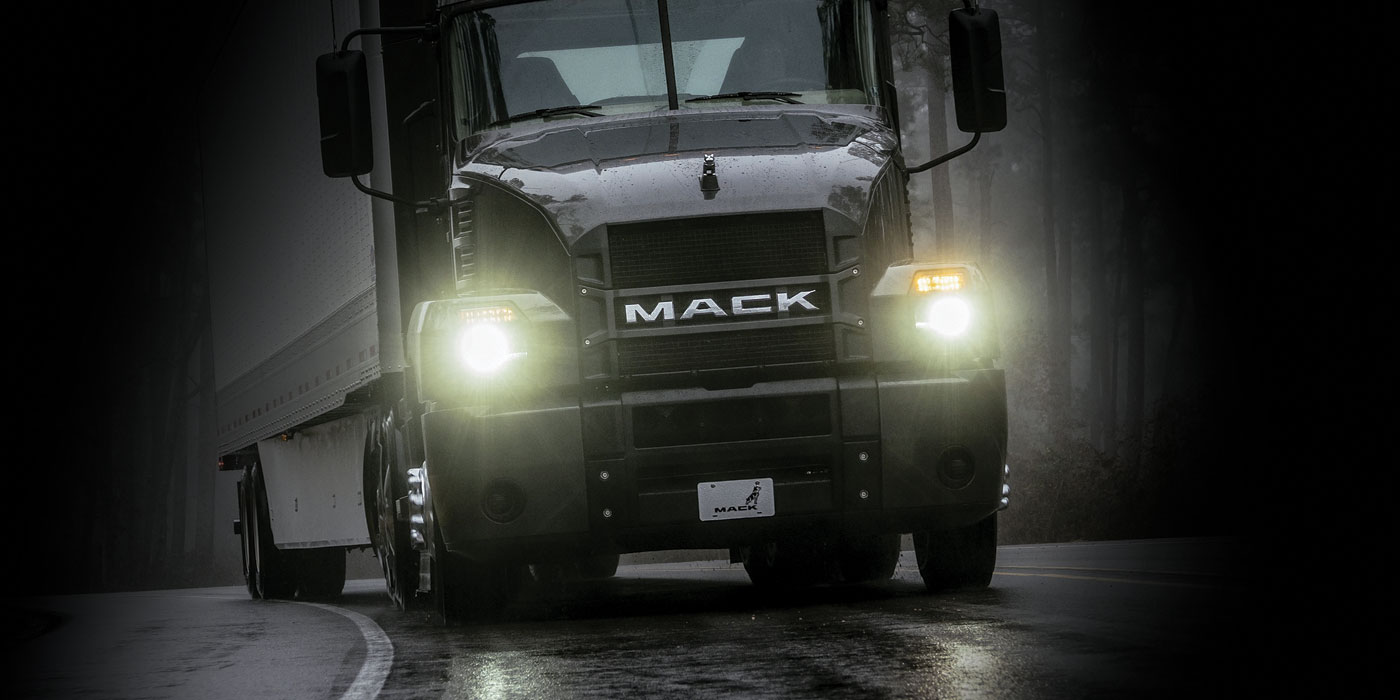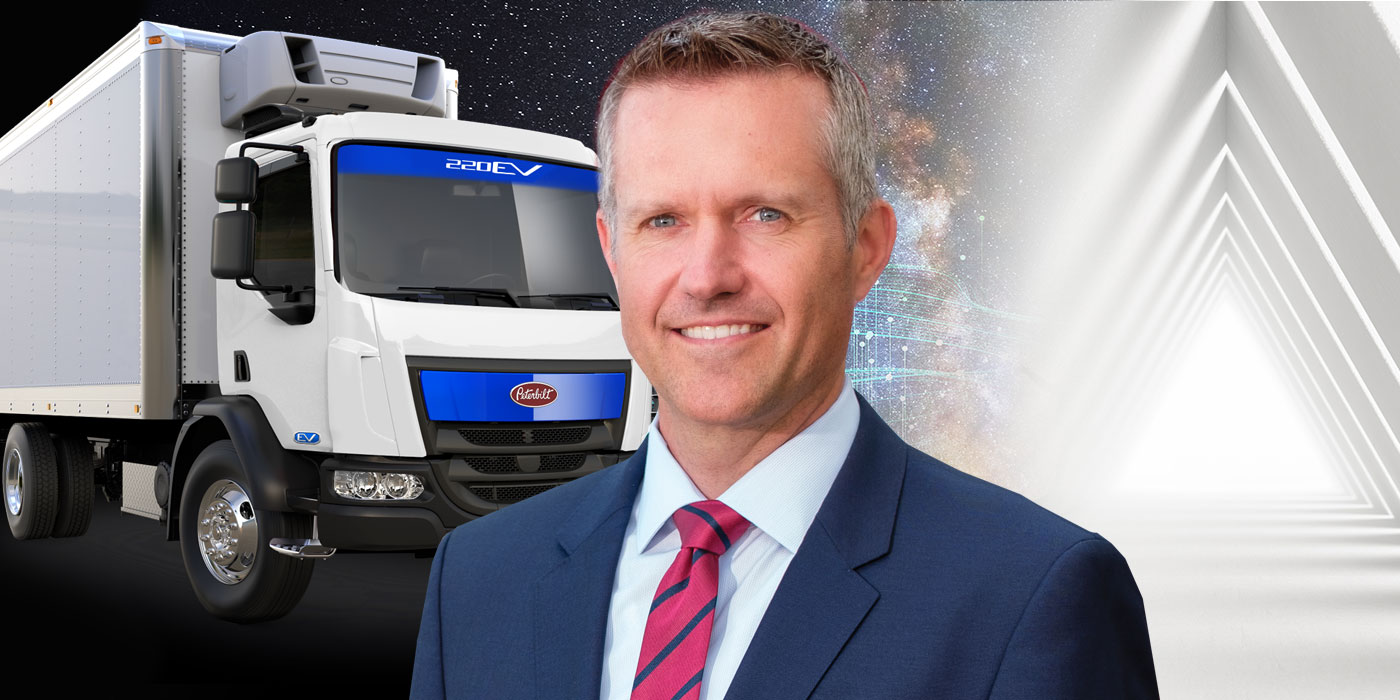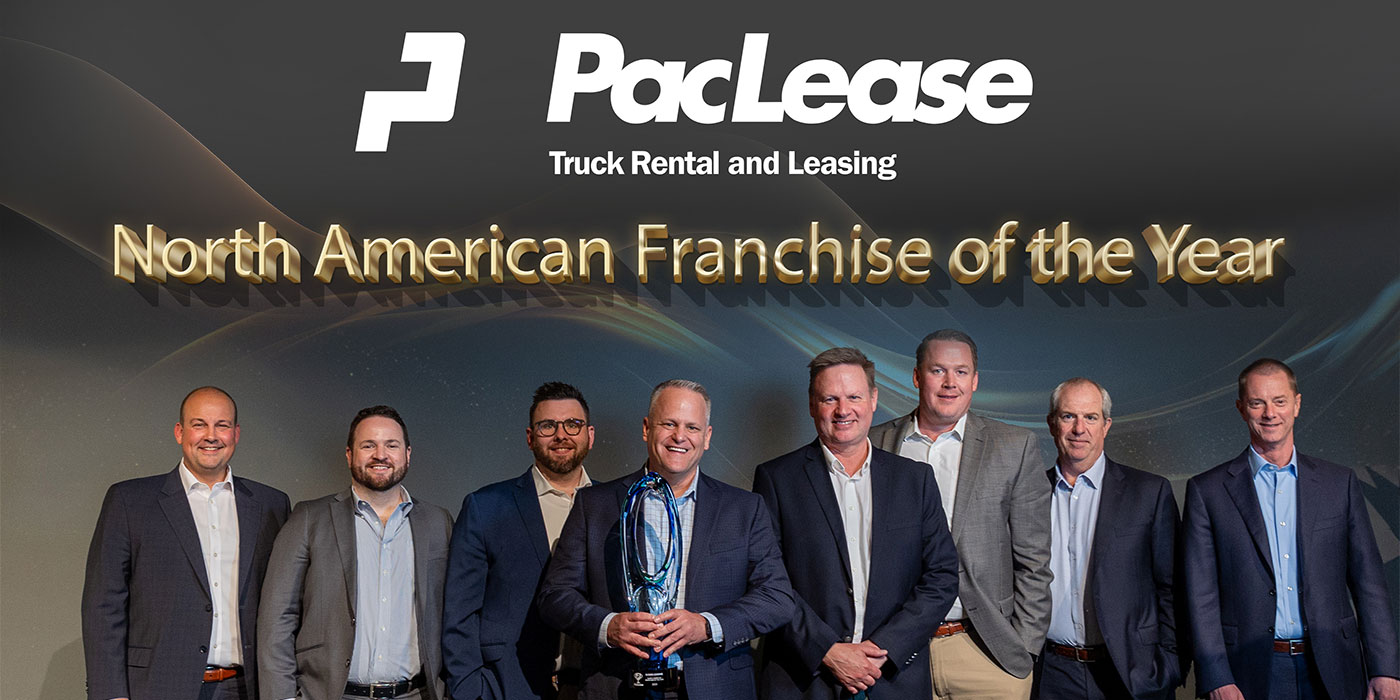Shared goals
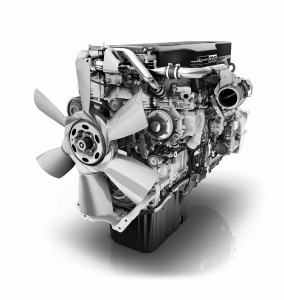
Sean Waters, director of regulatory affairs and product compliance at Daimler Trucks North America (DTNA), said DTNA shares EPA and NHTSA goals to improve fuel economy and reduce GHG. “We believe that the rule should reflect realistic vehicle production and operating conditions and consider cost-efficient, fuel-saving technologies in fleet operations in order to successfully meet our shared goals,” he stated.
“We have provided the EPA and NHTSA with information about the fuel-saving potential of many technologies, as well as their relative cost and affordability for our customers,” Waters adds. “We are just beginning to review the details of the proposed rule, and will continue to work with EPA and NHTSA on developing a final rule consistent with our goals of providing emissions and fuel economy benefits.”
At the American Trucking Association (ATA), a statement of support for Phase 2 standards was coupled with a concern that the rule may result in the use of certain technologies on vehicles before they can be fully tested.
“Fuel is an enormous expense for our industry—and carbon emissions carry an enormous cost for our planet,” said ATA President and Chief Executive Officer, Bill Graves. “That’s why our industry supported the Obama Administration’s historic first round of greenhouse gas and fuel efficiency standards for medium and large trucks and why we support the aims of this second round of standards.”
Since the first round of efficiency standards were announced in 2011, ATA has been working to evaluate their impact on the trucking industry and has been in constant dialogue with the EPA and NHTSA to make sure the second round of standards can be effectively implemented by the industry.
Guiding principles
“ATA has adopted a set of 15 ‘guiding principles’ for Phase 2,” said ATA Vice President and Energy and Environmental Counsel Glen Kedzie, “and based on conversations with regulators and a preliminary review
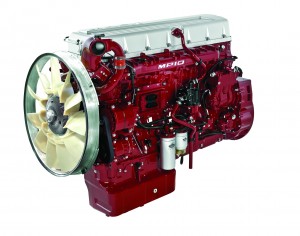
this proposal appears to meet 14 of those.
“We believe this rule could result in the deployment of certain technologies that do not fully recognize the diversity of our industry and could prove to be unreliable. This unreliability could slow not only adoption of these technologies, but the environmental benefits they aim to create,” Kedzie said. “To prevent this, truck and engine manufacturers will need adequate time to develop solutions to meet these new standards.”
“In 2014, trucking spent nearly $150 billion on diesel fuel alone,” he said, “so the potential for real cost savings and associated environmental benefits of this rule are there—but fleets will need a wide variety of proven and durable technologies to meet these new standards throughout the various implementation stages.”
The development of the proposed rule, which is expected to be finalized in early 2016, is a collaborative process among agencies and stakeholders. The new regulation follows the federal government’s first fuel-efficiency standards for trucks that began in 2014.

